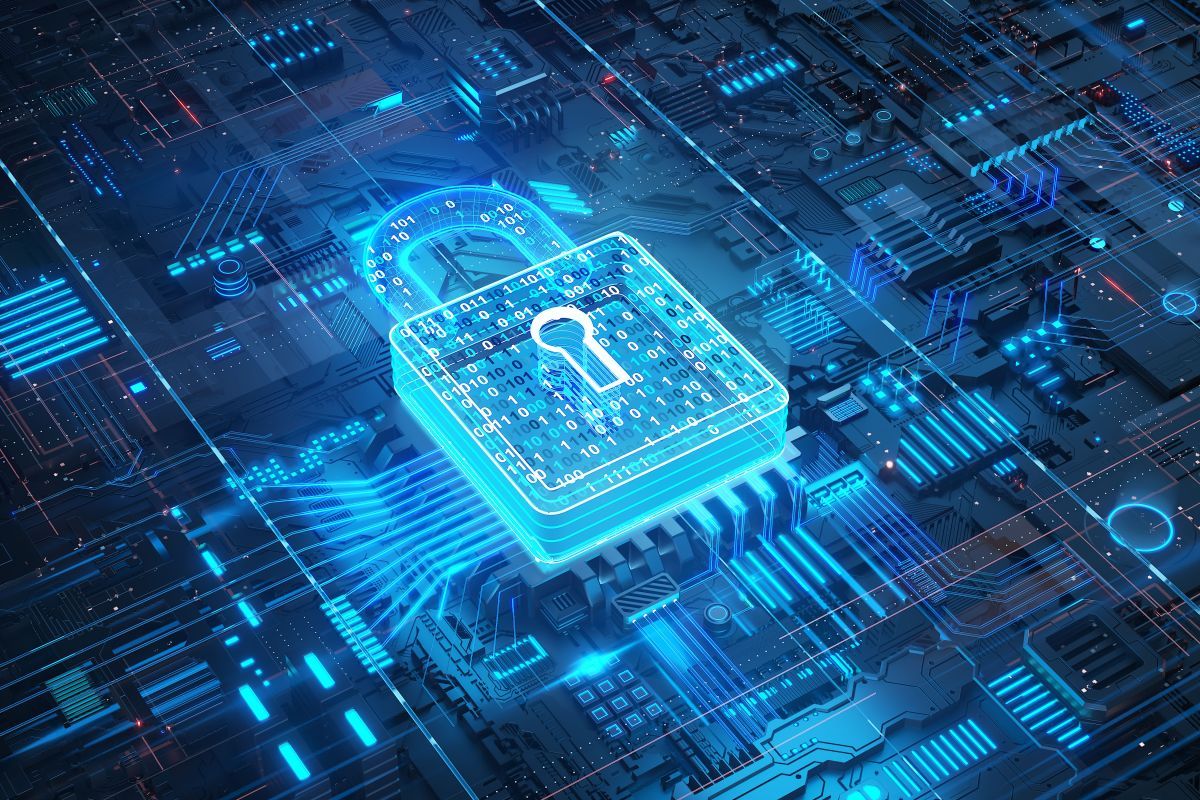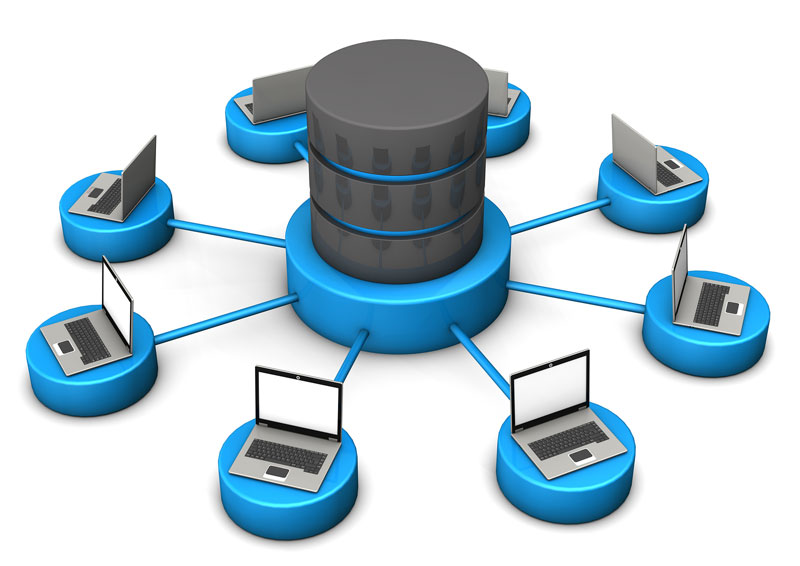Protect your Company Privacy Data Life
Unlock seamless 8(to)7 security.
Elevate your digital defenses while ensuring a swift, impenetrable protection.
Get Quantum resistant encryption for any Operating System:





For who?
Quantum security for everybody
Whether you looking for private security of company security, 8(to)7 got you covered
Our Main features
Four reasons why you don't need to look any further
Enhanced Data Security:
Eight to Seven Encryption offers cutting-edge cryptographic techniques, significantly enhancing the security of stored and transmitted data. By utilizing this advanced encryption, organizations and individuals can protect sensitive information from unauthorized access and cyber threats, ensuring that their data remains confidential and tamper-proof.
Optimized Performance:
This encryption method is designed to be highly efficient, minimizing the computational overhead often associated with encryption processes. It ensures that data encryption and decryption happen swiftly, which is crucial for maintaining high performance in applications where speed and responsiveness are essential.
User-Friendly Implementation:
With Eight to Seven Encryption, ease of use is a priority. The encryption solution can be seamlessly integrated into existing systems without requiring extensive technical knowledge. This user-friendly approach makes robust encryption accessible to a wider audience, reducing the barriers to implementing top-tier data security measures.
Versatility and Compatibility:
Eight to Seven Encryption is versatile and compatible with various platforms and applications, making it an ideal solution for diverse environments. Whether it's for securing cloud storage, enhancing the privacy of communication channels, or safeguarding financial transactions, this encryption standard can be adapted to meet a wide range of security needs, offering flexibility alongside robust protection.

Transform Your Digital Landscape
In today's digital age, efficiency and cost-effectiveness are paramount for any online platform. With Eight to Seven Encryption, you're not just elevating your security; you're also adopting a smarter approach to managing your digital resources. Our cutting-edge encryption technology not only fortifies your data but does so while optimizing your storage and bandwidth usage.
Save server space
Free up valuable server space by reducing data. Optimize your security without compromising the integrity of your data.
Enhanced user experience
n the realm of digital experiences, speed is as crucial as security. Eight to Seven Encryption is your gateway to offering your website visitors an unparalleled browsing experience. By implementing our state-of-the-art encryption, you ensure not just the safety of your users' data but also enhance the speed at which your content is delivered and accessed.
Bandwidth Conservation with Eight to Seven Encryption: Secure More, Consume Less
By choosing Eight to Seven Encryption, you're not just safeguarding your information against potential threats; you're also adopting a more efficient way to manage your digital footprint. Our encryption process minimizes data size without sacrificing integrity, allowing for smoother, quicker online interactions. This efficiency is crucial for maintaining fast loading times and reducing the strain on your network, ultimately leading to a more sustainable and cost-effective use of bandwidth.

Plugin integration
Easy integration with all operating systems
Enhance your experience with our range of quantum resistant encryption, designed to further secure your process.
End-to-End Security
Proactive Threat Resistance
Eight to Seven isn't just reactive; it's proactive. It's designed to anticipate and neutralize potential threats before they materialize, employing real-time monitoring and advanced analytics to stay one step ahead of cyber adversaries.


More than 12,000+ Happy Clients
Explore genuine feedback from clients
The best way to showcase our commitment is through the experiences and stories of those who have partnered with us.
The choice for 8(to)7 encryption was easy to make due to its robust security features, seamless integration, and reliable performance, ensuring utmost protection for my personal sensitive data.
Sander Sampson
Security advisor

We choose for 8-to-7 encryption given its strong security features, We can now ensure all our family and financial data are well protected An eas of mind for every parent
Frederic Hill
Math Teacher

I choose for 8(to)7 consider I work on multiple stories who are not for publishing yet, then using quantum resistant encryption is the perfect way to secure those files
Brenda Buckland
independent Journalist

I thought my files were secured enough Until I found out that with normal encryption it was still easy to Hack . Now with quantum encryption it is just impossible
James Ellis
Content Designer

Making marketing campaigns for clients and saving them on my private laptop was never an option for me, but now with 8(to)7 Encryption I have no worries whatsoever on safety anymore.
Paige Lowery
Marketing Manager
Not only is the Quantum encryption is fantastic, but the support team of 8(to)7 is also incredibly helpful. Any question I had on post quantum encryption was answered promptly and professionally.
Stefan Ball
CTO
Go quantum Green
8(to)7 is a
certified Green company
8(to)7 Increased energy efficiency of processors reduces CO2 emissions by reducing energy consumption.
Frequently Asked Questions
We're here to answer all your questions
Quick answers to questions you may have. Can't find what you're looking for? Check out our full FAQ
- Home
- »
- Home Digital Product
8(to)7 Encryption is a type of encryption technology developed by NaveoI. It is a symmetric encryption algorithm that uses an 8-byte key to encrypt data. The 8-byte key is then reduced to a 7-byte key by using a hash function. This makes it more secure than other encryption algorithms, as it requires a longer key to decrypt the data.
8(to)7molucair AI-based encryption is an advanced encryption technology that uses artificial intelligence (AI) algorithms to encrypt data. It is designed to provide superior security and privacy protection compared to traditional encryption methods. The encryption algorithms used by 8(to)7molucair AI-based encryption are constantly updated to stay ahead of new threats and vulnerabilities.
8(to)7 is offering their Encryptions solution for free to Non-profit organizations because they believe in helping organizations with limited resources to protect their data and keep it secure. They understand that non-profits may have limited budgets and providing free encryption solutions allows them to remain secure without having to invest in expensive software. 8(to)7 also believes in supporting the communities in which they operate and feel that providing free encryption solutions to non-profits is a great way to do this.
Visit our blog solution page to read about our use case, en explore our Crypto corner if you more interested in our algorithm and codes
Get started
Upscale and enhance
Your company and customer data with
Quantum protection
Elevate Hybrid Office Security with 8(to)7's Post Quantum Encryption






